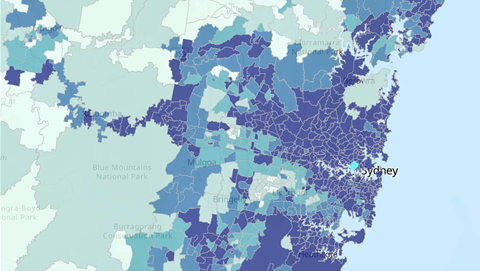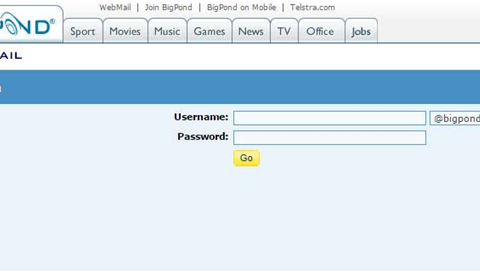Australian users of mobile location services often don't understand how the technology works or its privacy implications, according to research commissioned by communications regulator ACMA.

The research, covered by a new Australian Communications and Media Authority report (pdf), found that 72 percent of 294 respondents surveyed used a mobile internet-based location service at least one a week.
However, 46 percent of respondents indicated they were "not aware of the data-sharing processes that result from accessing location services", the research found. (pdf)
While most users knew their location information was shared, "almost one quarter were not sure what other data may have been shared" at the same time.
In addition, 46 percent of users surveyed indicated they were "not aware it was possible to turn off or disable location services".
"As a consequence, many consumers lack the ability to choose appropriate protection options," ACMA chairman Chris Chapman said.
The biggest users of mobile location services were found to be less likely to understand how to protect themselves from unwanted data disclosures.
Over half of respondents were concerned about where their location data went and who owned it. Most felt they should be informed about what data would be collected, such as by the developer of the service.
Though it raised the question of whether some sort of market intervention was required, the ACMA largely said it was up to consumers to "understand the consequences of engaging with or contracting for a service", noting also that as many services were global, they were being dealt with by other jurisdictions.


























